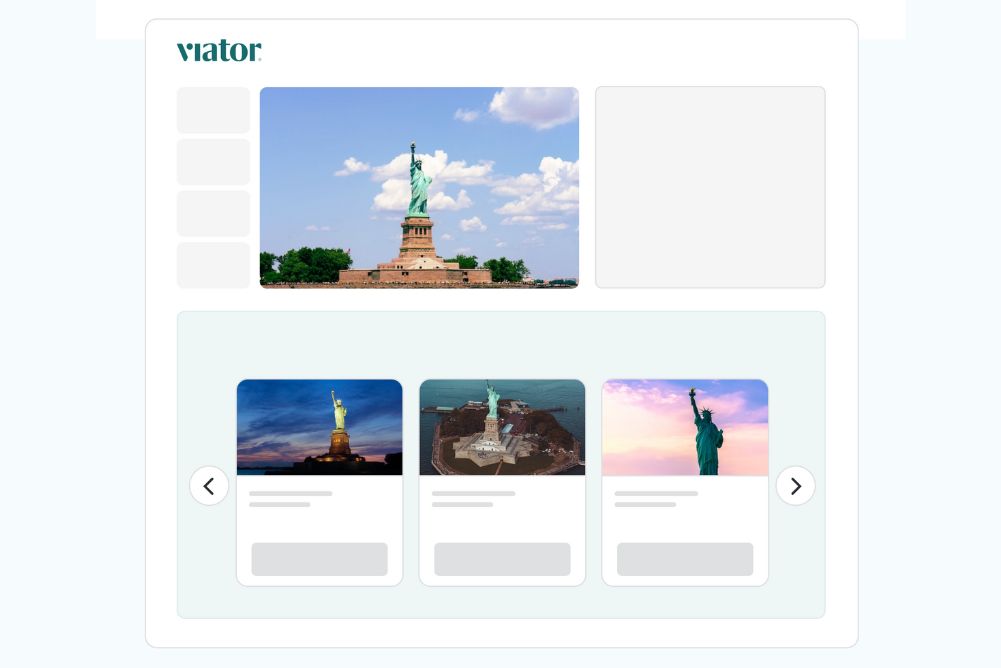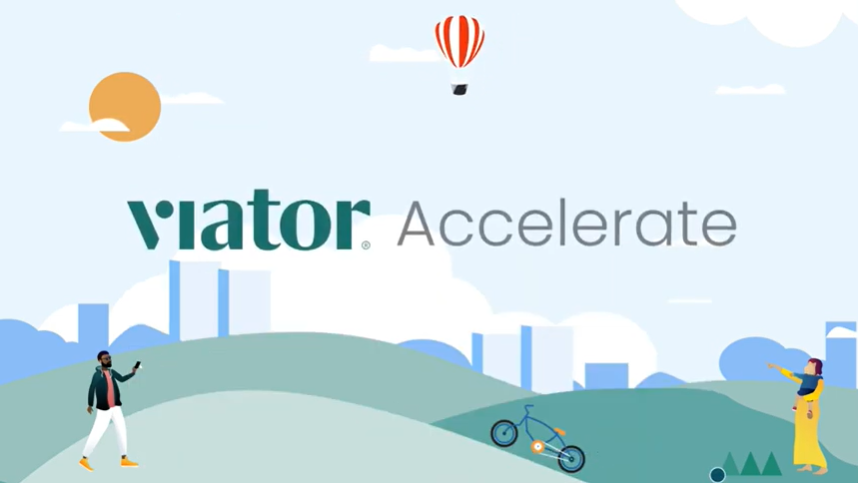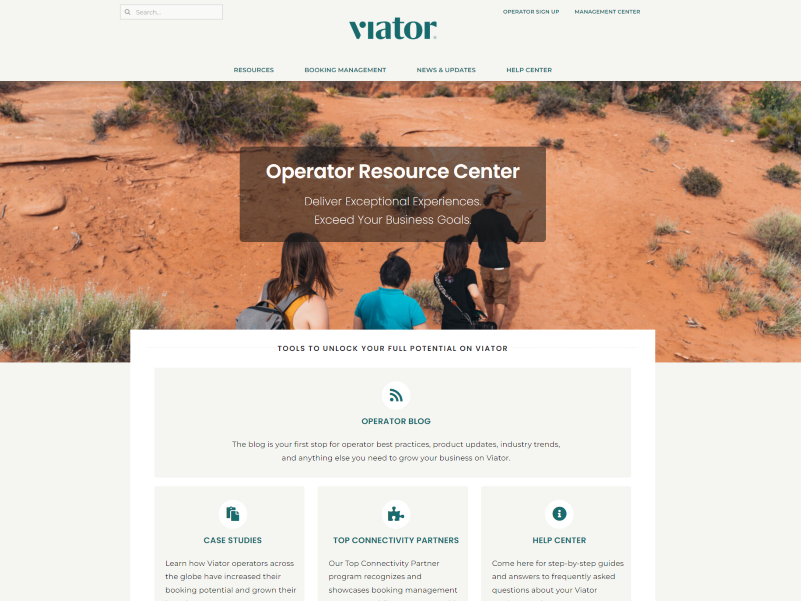In this section of our Getting Started Guide for Experience Hosts, we’ll help you complete the necessary banking and tax information in your Viator account so that you are fully set up to accept payments from travelers.
This financial information is crucial so that you can be paid accurately and efficiently once you start accepting bookings. It’s also wise to consider a booking management software or reservation system, which helps streamline operations and eases your accounting workload. Below we’ll guide you through all of these components.
Payments
Viator seamlessly handles all traveler payments to you through our processing system. Our primary payment method is bank-to-bank transfer, with alternative payment methods on the way.
Bank information requirements vary by country, currency, and bank transfer type. The main requirements are as follows:
- Bank name
- Bank branch name
- Bank branch address
- Bank account holder name
- Bank account number
- SWIFT/BIC code
- Tax ID or business ID
Depending on what currency you’re paid in, the settlement period is either calendar month (e.g., January 1–31) or mid-month ending on the 15th (e.g., January 16–February 15). Traditionally, USD, AUD, and JPY currencies use the calendar month settlement period, while EUR, GBP, and all other currencies use the mid-month settlement period. However, note that the settlement periods associated with specific currencies are subject to change.
Viator sends out payments each month via direct deposit. Our standard payment schedule is based on the customer’s month of travel. Payments are typically made within 21 business days after the end of the settlement period. When payments are made, it means they have left our account and are awaiting acceptance by your financial institution. It generally takes one to three business days for funds to appear in your account; timing can vary by institution. Unfortunately we cannot see or control what happens to funds once we’ve made payment; direct any questions about funds after this point to your financial institution.
Tax Forms
US law requires Viator to obtain tax information from all suppliers who do business with us, whether or not they pay taxes in the United States or operate in a tax-free country. If you do not provide us with this tax information through the Viator Management Center, you will not receive payment.
For details on tax forms required to do business with Viator, please look Insurance and Tax FAQ section of our Help Center or refer to the IRS website. Here is a quick overview of some basic regulations:
- If you are a non-US entity, you must complete a W-8BEN-E form and provide your business ID. This confirms that you are a non-US entity that beneficially owns the income paid to you.
- If you are a non-US individual, partnership, or the like, you must complete the relevant W-8 form—even if you operate in a tax-free country and/or don’t pay US taxes.
- If you are a US citizen, resident, or entity, you must complete a W-9 form. In addition, we will send you a Form 1099-Misc to complete if you’ve earned at least $600 from bookings last year.
You must declare your tax status on these forms—available in the Viator Management Center’s Finance section; this lets the US government know that Viator does not have to withhold taxes from you.
Accounting
For tax purposes, ensure that you have a system for tracking expenses and revenue. We recommend contacting your tax advisor to determine if it’s easier to have a separate bank account for accounting purposes. There are various affordable accounting software packages worth exploring. You can also download free Excel templates to get started more quickly.
Reservation Systems
There’s a universal truth in travel: Meeting the demands of today’s travelers is critical to staying competitive in the growing and evolving tours and activities sector. Travelers want to book instantly, anywhere, anytime—and keeping up with them is a tall task. To be successful, you need to automate key aspects of your business, efficiently manage your revenue and expenses, and keep pace with last-minute bookers.
Enter reservation systems.
If you are considering growing your experience into a full-time business, exploring different channels or platforms to market your business, or in need of some lightweight accounting support, then you may benefit from using an online reservation system. With this technology, you can centralize your bookings, inventory, pricing, availability, and channel distribution—maximizing your distribution opportunities and taking the hassle out of day-to-day operations.
Again, spontaneity has become an integral part of the travel experience. We’re seeing more and more travelers waiting to book tours and activities until after they’ve arrived in their destination—in fact, more than 20 percent of today’s travelers book in-destination, often at the last minute. Yet despite this trend, suppliers report that only 38 percent of bookings happen within two days of travel (Phocuswright 2017). Why is this?
Perhaps it’s because many suppliers still manually manage their inventory and reservations via pen and paper, Excel spreadsheets, email, or other offline tools—which can be hugely time-consuming and cause delays in response time. Or perhaps it’s because their online inventory doesn’t reflect their most up-to-date availability and therefore they can’t accept real-time bookings—something travelers have come to expect in other travel sectors. Because of this, these suppliers may be turning off potential travelers and limiting or losing sales.
Viator is connected to more than 65 reservation software providers that can seamlessly connect your availability and bookings. You can also try out Bokun with a for free trial.
2. Understanding Your Audience
4. Setting Up Your Account










